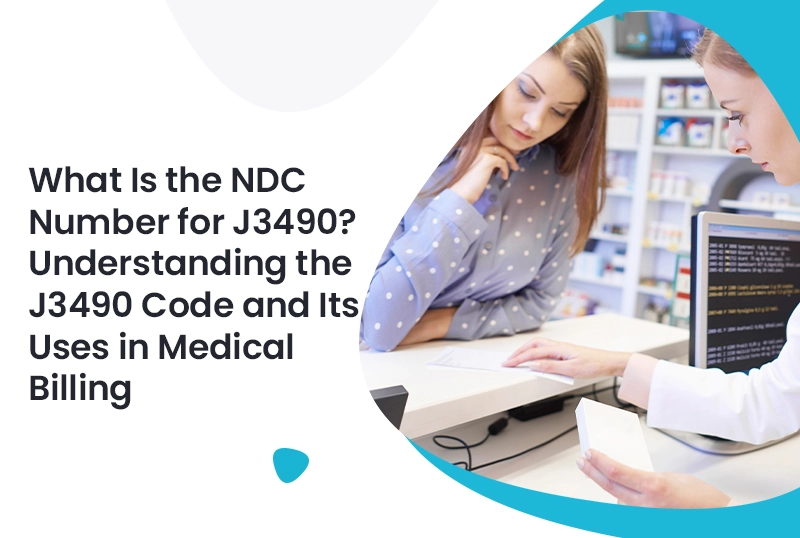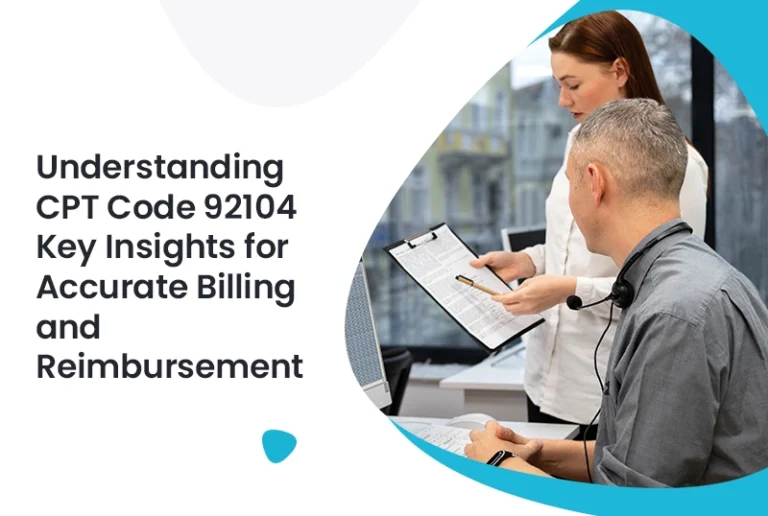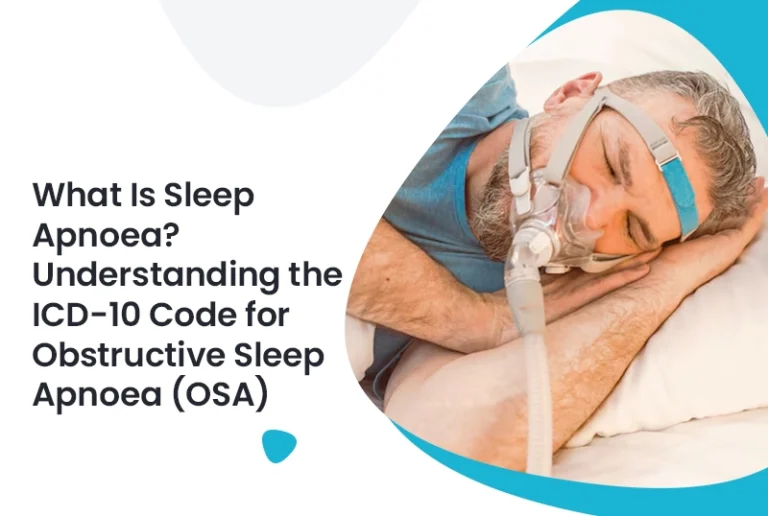Have you ever encountered the J3490 code and wondered what it means or how to bill it properly? If you work in a medical billing company, pharmacy, or hospital administration, chances are you’ve encountered this code more than once. But unlike most drug codes, J3490 is a little different. Why? Because it’s what we call an “unclassified” drug code.
Let’s dig into what J3490 really stands for, when and how to use it, and—most importantly—how to find the correct NDC number when billing.
What Is CPT Code J3490?
It is a Healthcare Common Procedure Coding System (HCPCS) code that refers to “unclassified drugs.” That means it acts as a placeholder for medications that do not yet have a specific HCPCS code. It’s frequently used when billing Medicare or commercial insurers for a new or compounded drug that doesn’t fall under an existing category.
Here’s why J3490 is important:
- It allows providers to bill for medications not officially coded.
- It is used for reimbursement of injectable or oral drugs not assigned a specific HCPCS code.
- Payers require supporting documentation such as drug name, strength, dosage, and administration route.
How Do You Find the Right NDC Number for J3490?
You might be asking, “How can I bill J3490 if it’s unclassified?” Great question. While It doesn’t have one fixed NDC number, that’s kind of the point. You’re responsible for attaching the correct NDC number for the specific drug you’re billing.
Here’s how to determine the correct NDC for J3490:
- Check the label or packaging of the administered drug.
- Use pharmacy records to identify the drug’s manufacturer and strength.
- Match the drug with its unique 11-digit NDC format (XXXXX-XXXX-XX).
You must also add this NDC to the claim form, usually in the 837P or 837I electronic format or on the CMS-1500 paper form.
Proper Documentation and Billing Tips for J3490
Because It is considered unclassified, it opens the door for payer scrutiny. Insurers want assurance that the drug is medically necessary, properly dosed, and accurately reported—a critical part of effective Revenue Cycle Management that ensures timely reimbursement and compliance.
Here’s what your documentation should include:
- Drug name (brand and/or generic)
- Dosage and strength
- Quantity administered
- Route of administration
- Invoice or purchase cost (especially for Medicare billing)
Some payers may even require chart notes or physician orders. Therefore, always verify documentation guidelines with your payer.
Common billing challenges with J3490:
- Denials due to missing NDC or incorrect format
- Rejections occur when units of service are not clearly explained
- Errors from failing to match the drug with a payable diagnosis
J3490 vs. Other Drug Codes: What Sets It Apart?
Unlike permanent codes like J1100 (for dexamethasone) or J1885 (for ketorolac), It is a temporary catch-all. It fills the gap for drugs that don’t yet have their code. Think of it as a flexible tool for your coding toolbox but one that requires extra attention.
When to use J3490:
- New FDA-approved drugs without HCPCS assignment
- Compounded drugs or off-label use
- Drugs are given in outpatient or home settings
When NOT to use J3490:
- If the drug already has a defined HCPCS code
- For over-the-counter drugs not covered by payers
Want to keep claims clean and payments flowing? Double-check your payer-specific billing policies for unclassified drug codes.
Conclusion
While J3490 may seem like a wildcard in the world of medical billing and coding, it’s a powerful tool—if you know how to use it correctly. The key lies in understanding that this code isn’t tied to one specific drug. Instead, it opens a customizable path for accurate drug billing, especially for newer or less common medications.
So next time you reach for J3490, remember: it’s all about precision. Attach the correct NDC number, submit clear documentation, and always stay on top of payer-specific rules.
FAQs
1. What is J3490 used for?
It is used to bill for unclassified drugs those that do not have an assigned HCPCS code, including new or compounded medications.
2. Does J3490 have a specific NDC number?
No. The NDC varies depending on the actual drug being billed. You must provide the NDC of the specific medication administered.
3. Is J3490 covered by Medicare?
Yes, but Medicare requires detailed documentation, including the NDC, dosage, and medical necessity to approve reimbursement.
4. How do I find the correct NDC for J3490?
Use the drug label, packaging, or an NDC lookup tool to find the appropriate NDC in the correct 11-digit format.
5. Can I use J3490 for any medication?
No. Only use it for drugs that lack a defined HCPCS code. Using it incorrectly can lead to claim rejections or audits.







